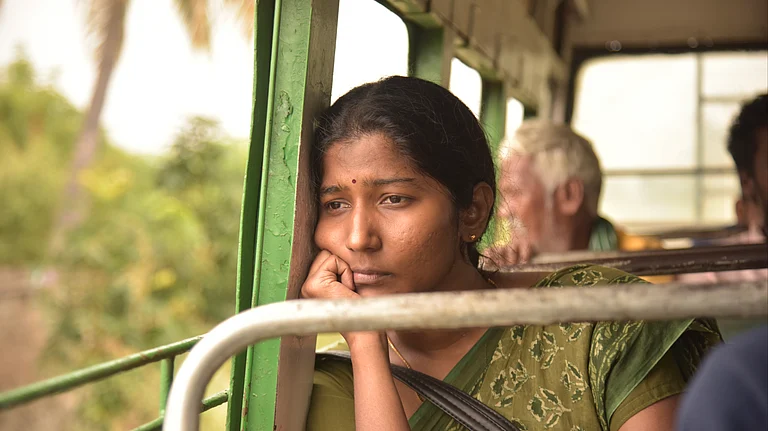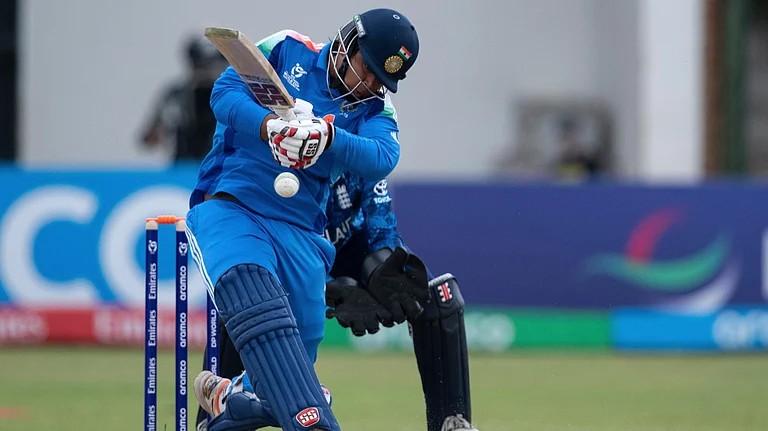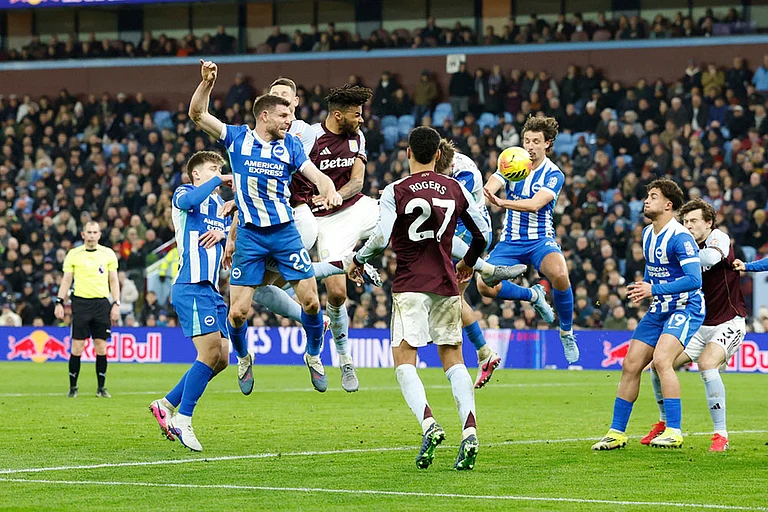In a fresh turn in Shraddha murder case, the Delhi High Court today dismissed a plea that sought to transfer the case to CBI. Division bench of Chief Justice Satish Chandra Sharma and Justice Sabromonium Prasad told the petitioner that the police is doing its work properly and there is no need of the court to supervise the probe.
The petition said that due to the presence of media and the public in the places of investigation, it is getting affected and asked the court to transfer it to CBI. However, in its response the Delhi Police told the HC that they are done with 80% of the investigation.
“80% of the investigation is complete. The probe is being handled by senior officials,” Delhi Police submitted.
On the other hand, Aftab Poonewala who became a household name after killing and chopping her live-in partner Shraddha into 35 pieces was produced in Saket court as his custody of five days was over.
‘Killed in heat of the moment’: Aftab
The Saket Court while hearing the case through video conference extended his custody to another four days. Aftab reportedly told the court that he killed Shraddha at the ‘heat of the moment’. He also said that everything reported about him is not ‘entirely true’.
Aftab also informed the court that he is cooperating with the Police in finding the parts of the body. He reportedly also shared a map with the Police that shows the spots where he exactly dumped the body parts. Avinash, the lawyer who is defending Aftab said that as the Police has received a sketch of a pond from Aftab, they want to take him there and hence, asked for the extension of custody.
Earlier, the Police took Aftab to Mehrauli forest and identified several chopped body parts of Shraddha. “Aaftab told the court he is cooperating with the police, and the police are also treating him well. He said he is not misleading them or lying to them. The police also didn't contest his claim in court,” Avinash added.
Police gets permission of Polygraphy Test
In a parallel development, the Delhi police today also got the permission of the court to conduct a polygraph test on Aftab. The police approached the court yesterday and within 24 hours were granted the permission.
A Police official has told PTI, “Yes. We have received permission from the Delhi Court to conduct a polygraph test on Poonawala.” A Polygraphy test is conducted to identify whether the person has committed any crime. No medicine is being used here.
The subject is attached to a machine and questions are asked to her/ him related to the incident. There are continous variations observed and those are drawn to reach the conclusion.
According to the American Psychological Association (APA), polygraph tests measure a person's “heart rate/blood pressure, respiration, and skin conductivity”. The purpose of the test is usually to prove whether or not a person committed a crime.
What do courts say on Polygraphy and Narco-test?
Earlier, the police obtained the permission of Narco-test as well. These tests like polygraph, narco-analysis and brain mapping are known as Deception Detection Tests (DDT). These methods are used mostly to gather the concealed information about the crime.
These methods though are regularly used by the investigating agencies mostly as an alternative to ‘third degree torture’ to extract the information, evidences gathered through it are not considered valid in the court of law. However, as several researches have shown that t helps to increase the numbers of prosecution as the agencies get useful clues from it.
Supreme Court in 2010 while hearing Smt. Selvi & Ors Vs State of Karnataka case said that these DDTs cannot be conducted on the accused without their consent.
Notably in an earlier judgement Madras High Court while hearing Dinesh Dalmia v. State. Dinesh Dalmia v. State in 2006 said that the police must complete the investigation in a stipulated time to get the benefits of DDT. It also mentioned that when the accused is not cooperating with the investigating agency, these tests become the only resort.


























